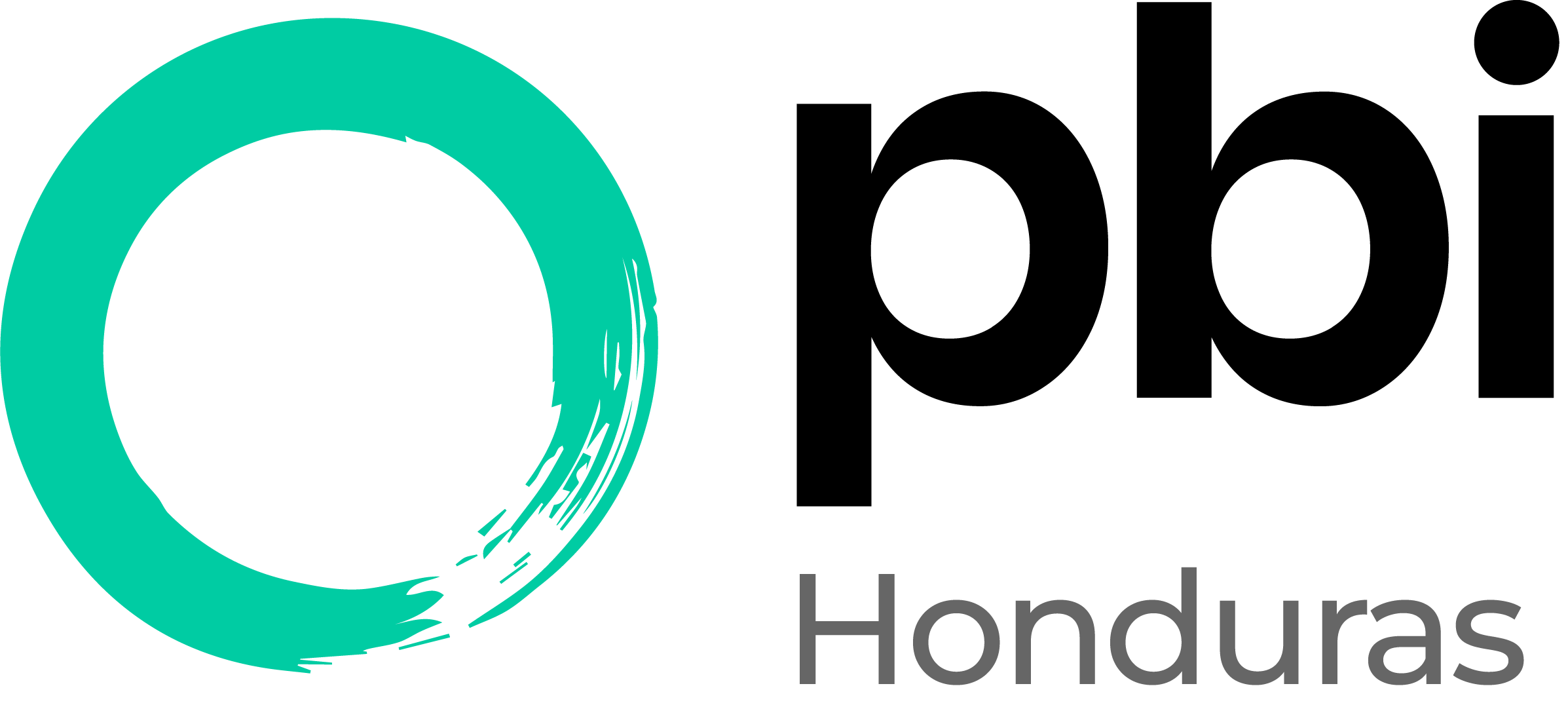“Today, as we celebrate World Press Freedom Day, it is important to consider what is happening in Honduras. A country where there is no war but it seems as though there is. It is safer to be a war journalist than a journalist writing about social issues in Honduras, where around every corner we sense danger waiting for us”. With these words, Dina Meza, executive director of the Association for Democracy and Human Rights (Asociación por la Democracia y los Derechos Humanos - ASOPODEHU), began her speech in the event on 3 May entitled ‘Celebrating the World Press Freedom Day with journalists in Honduras’.
PBI Honduras and the British Embassy for Honduras and Guatemala invited the diplomatic corps, journalists and social communicators to this event, with the aim of contributing to a joint reflection on freedom of expression and working together to build a positive narrative for this journalistic work, to mitigate the effects of criminalisation.
With this in mind the Office of the United Nations High Commissioner for Human Rights (OHCHR) spoke about the need to develop participative public policies and to include a differential focus in any measures adopted.
British Ambassador Thomas Carter also spoke about this, referring to the tendency to criminalise the work of professionals, who in the majority of cases are fulfilling a social role. He also reminded the room that “press freedom is an essential part of democracy” and emphasised that, from the perspective of an international observer, there are many barriers for the free exercise of journalism in the country.
To be more precise, it is the reforms of the Criminal Code, together with the Official Secrets Act and the Cyber Security Bill, that have raised alarm bells. Journalists consider that these norms lead to wide-ranging violations of freedom of press and expression, for example by including crimes such as libel and slander. “Crimes against honour are included but some different forms of libel are added, such as libel against the financial system” explains Edy Tábora, executive director of the Committee for Freedom of Expression (Comité para la Libre Expresión - C-Libre)
90% impunity rate
As well as criminalisation, Dina Meza also expressed concern in her speech about the figures related to violence against journalists. Between 2001 and April 2019, 77 people working in the communications media were killed by violent means, according to data from the Honduran National Human Rights Commission (Comisionado Nacional de los Derechos Humanos en Honduras - CONADEH). Moreover, almost 45% of these people were killed since 2014, which means that there has been a rise in the dangers of exercising this profession. Added to the increase in attacks and criminalisation are high impunity rates. Indeed, since January 2017, CONADEH has received around one hundred complaints of actions against freedom of expression, more than 90% of which remain unpunished.
To improve this situation, in 2015 the Honduran Congress approved the Law for the Protection of Human Rights Defenders, Journalists, Social Communicators and Justice Operators, which led to the implementation of the National Protection Mechanism. Nevertheless, those people who participated in the event noted that there is still much to be done. Included among the concrete measures proposed, were several points containing a message for the international community about the lack of financial support for emergencies and the relocation of professionals who are forced to leave their homes due to risk. The diplomatic corps also received a request to facilitate cases of political asylum.
“Let’s act now, because otherwise tomorrow there will be many more gravestones containing the names of journalists in our cemeteries, journalists will continue to leave the country in exile, and those of us who stay to work on this situation will be waiting to die”, Dina Meza concluded.
